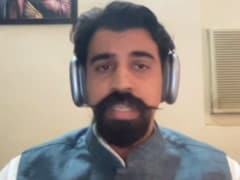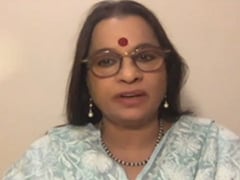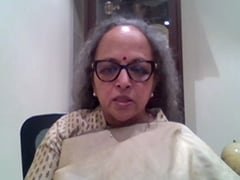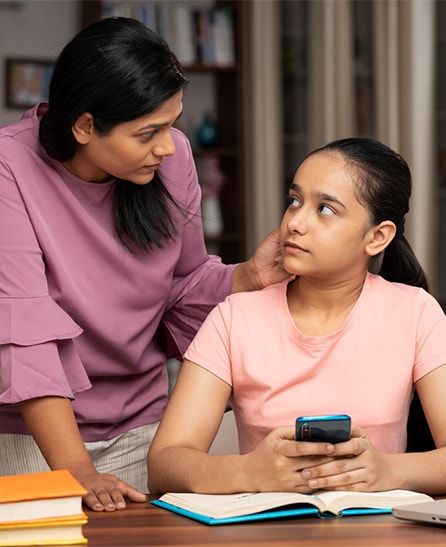


Physical spaces have been replaced by virtual playgrounds. Face-to-face meetings now mean emojis. If you like someone you send them a gif and not a gift. Student research is done on google and not in a physical library. There is an app to track and manage literally every aspect of our lives. For the shoppers, aisles have been replaced by pages. Our wallets are no longer made of leather.
In short, we are living our lives in "Cyberia "and this was before the pandemic. The pandemic has changed the way we interact with and consume data.
Digital environment that the pandemic created has further taken over practically every aspect of our lives. All our needs are being met online. Young adults, especially those in schools, are consuming and interacting with data like never before. But we are not just getting from the online world, we are also giving out something vital - information. About us. Without even knowing it.
Cybercrime, which includes everything from theft and embezzlement to data hacking and identity theft, was up 600% as a result of the pandemic. But the vast majority of the teens and young adults are not aware of the perils of the online world.
Issues of data security and privacy are not widely known. The frequent use of digital tools to lure young people into dangerous and compromising situations is not known. The infinite possibilities and types of cybercrime are not known.


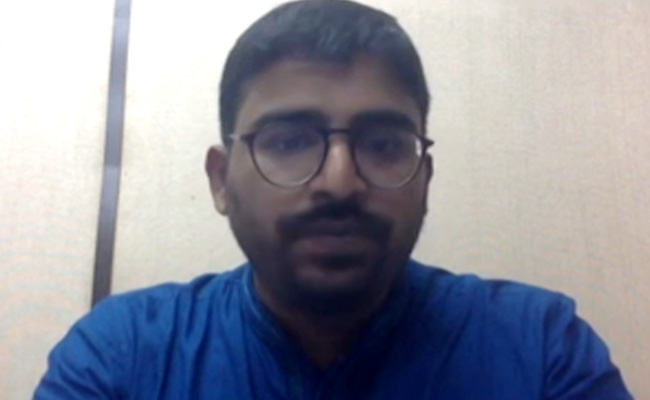 It is a very interesting age group (15-30-year-old) and that's when we are most curious, but the right sources don't exist to answer these questions. There are not a lot of sources and awareness is needed. This age group is already online and they want to exercise their privacy. What needs to happen is how the world works, teach them responsibility on how to behave online and advocacy around awareness is important.
It is a very interesting age group (15-30-year-old) and that's when we are most curious, but the right sources don't exist to answer these questions. There are not a lot of sources and awareness is needed. This age group is already online and they want to exercise their privacy. What needs to happen is how the world works, teach them responsibility on how to behave online and advocacy around awareness is important.












